Temporomandibular Joint Disorder (TMJ) is a condition that affects the jaw joint and surrounding muscles, causing discomfort and limiting movement. If left untreated, TMJ can significantly impact daily activities such as eating, speaking, and sleeping. Fortunately, individuals suffering from TMJ disorder can find relief through professionalTMJ Treatment in Colorado Springs, CO.
What is TMJ Disorder?
TMJ disorder occurs when the temporomandibular joint, which connects the jaw to the skull, becomes misaligned or inflamed. This condition can be caused by various factors, including:
- Bruxism (teeth grinding and clenching)
- Jaw injuries or trauma
- Arthritis affecting the jaw joint
- Stress leading to muscle tension
- Improper bite alignment
Understanding the root cause of TMJ disorder is essential in developing an effective treatment plan.
Symptoms of TMJ Disorder
TMJ disorder manifests in different ways, with symptoms ranging from mild discomfort to severe pain. Common indicators include:
- Jaw pain or tenderness
- Clicking or popping sounds in the jaw
- Difficulty opening or closing the mouth fully
- Frequent headaches or migraines
- Earaches or ringing in the ears (tinnitus)
- Facial pain or muscle stiffness
If you are experiencing any of these symptoms, seeking professional care from adentist in Colorado Springs, CO, can help prevent further complications. If you notice any of these symptoms,contact usfor the best TMJ treatment and care.
Non-Surgical TMJ Treatment Options
Many patients find relief from TMJ disorder through non-invasive treatments. Depending on the severity of the condition, the following methods may be recommended:
Lifestyle Modifications and Home Remedies
For mild cases, simple changes can make a significant difference:
- Applying ice packsto reduce inflammation
- Practicing jaw exercisesto improve mobility
- Avoiding hard or chewy foodsthat strain the jaw
- Managing stressthrough relaxation techniques
Oral Appliances and Mouthguards
Custom-made oral appliances, such as splints or nightguards, can help alleviate TMJ symptoms by reducing strain on the jaw joint. These devices prevent teeth grinding and provide stability to the jaw.
Physical Therapy and Jaw Exercises
A specialized physical therapist can guide patients through targeted exercises to strengthen jaw muscles and improve joint function.
Medications for Pain Relief
Nonsteroidal anti-inflammatory drugs (NSAIDs), muscle relaxants, and corticosteroid injections can be prescribed to reduce pain and inflammation associated with TMJ disorder.
Advanced TMJ Treatment Options
More advanced options may be considered in severe cases where non-surgical treatments do not provide sufficient relief.
Botox Injections
Botox injections can help relax overactive jaw muscles and minimize pain caused by excessive clenching and grinding.
Orthodontic Treatments
If TMJ disorder is caused by misalignment, orthodontic treatments like braces or Invisalign may be recommended to correct the bite and relieve pressure on the jaw joint.
Surgical Interventions
Surgery is typically a last resort and is only recommended for patients with severe joint damage. Common surgical procedures include:
- Arthrocentesis:A minimally invasive procedure to flush out debris from the joint.
- Arthroscopy:A technique that involves small incisions to repair joint structures.
- Open-joint surgery:Used for cases of significant joint deterioration or structural issues.
Finding the Right Specialist for TMJ Treatment
When seekingTMJ Treatment in Colorado Springs, CO, it is essential to consult a specialist who understands the complexity of the condition. A knowledgeable dentist can assess your symptoms, diagnose the cause, and develop a personalized treatment plan that best suits your needs.
Preventing TMJ Disorder
Although some causes of TMJ disorder are unavoidable, there are preventive measures that can help minimize the risk:
- Maintaining proper postureto reduce neck and jaw strain
- Avoiding excessive gum chewingto prevent overuse of jaw muscles
- Practicing stress management techniquessuch as meditation and deep breathing
- Using a nightguardif prone to teeth grinding
- Eating a balanced dietto maintain overall joint health
Conclusion
TMJ disorder can be a painful and disruptive condition, but with the right treatment, relief is possible. Whether you require non-surgical therapy or advanced interventions, seeking professional TMJ Treatment can help you regain comfort and improve your quality of life. If you suspect you have TMJ disorder, scheduling a consultation with adentist in Colorado Springs, CO, is the first step toward finding lasting relief and restoring optimal jaw function.
To schedule an appointment with us at Cheyenne Mountain Dental, located at 3605 Star Ranch Rd, Colorado Springs, CO 80906. For bookings and consultations, call (719) 576-3276. Please visit our official website to learn more about our various services.




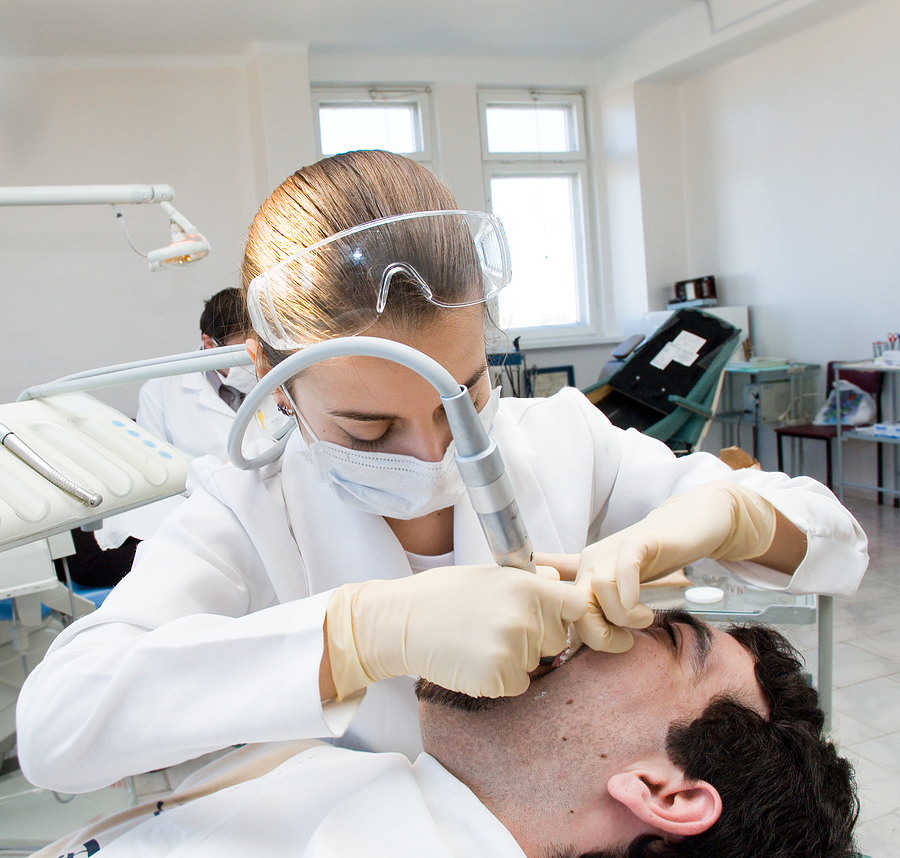



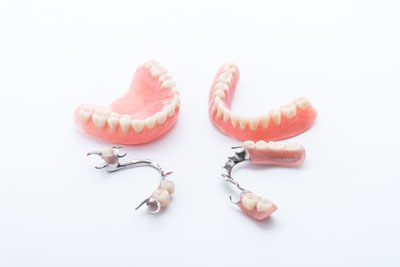

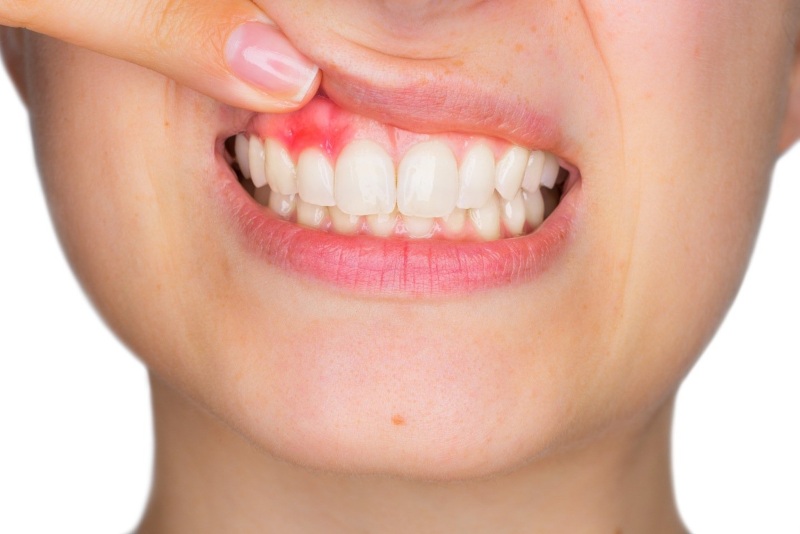
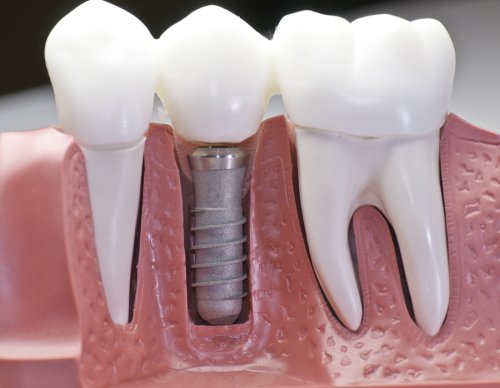
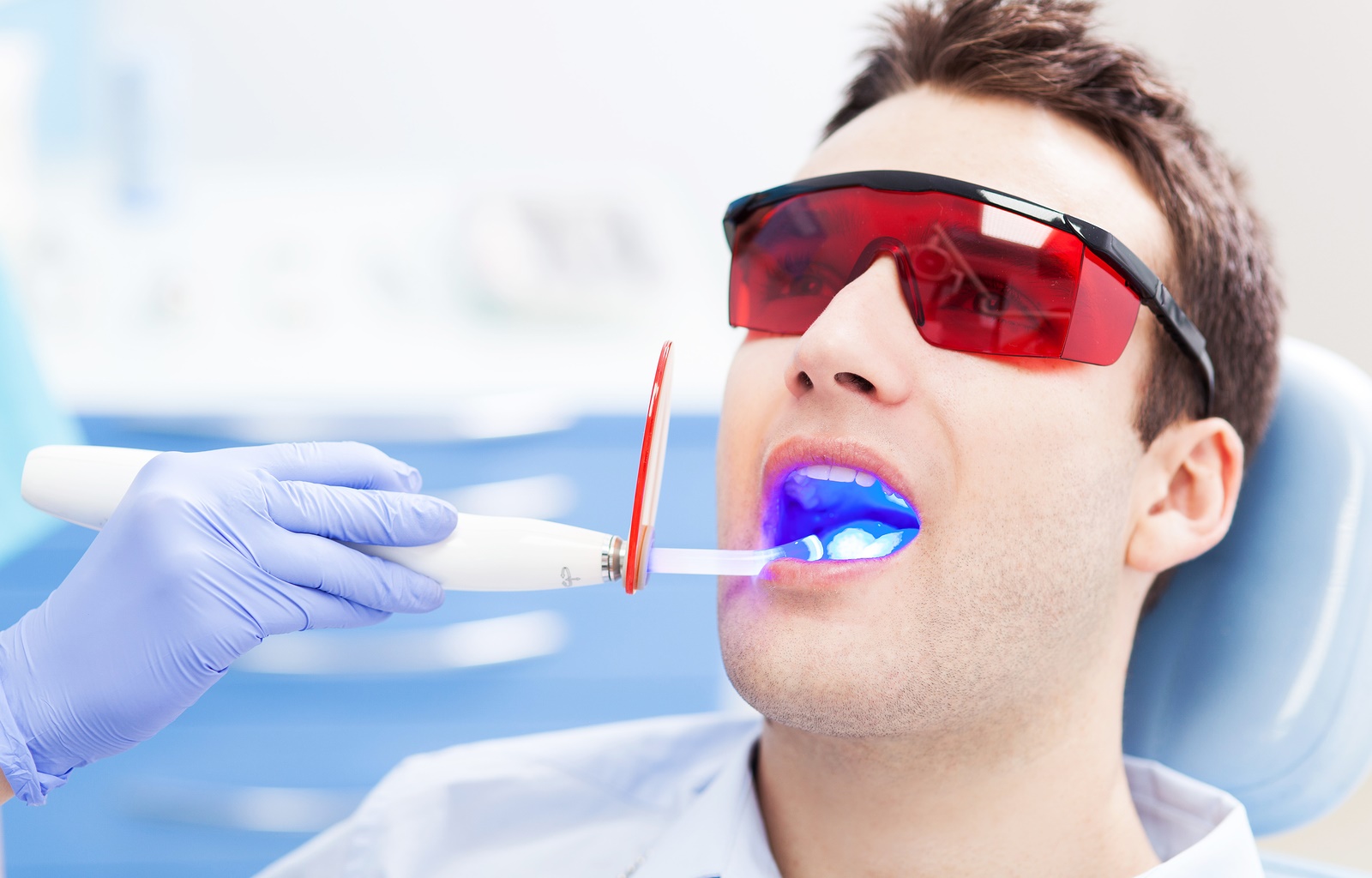
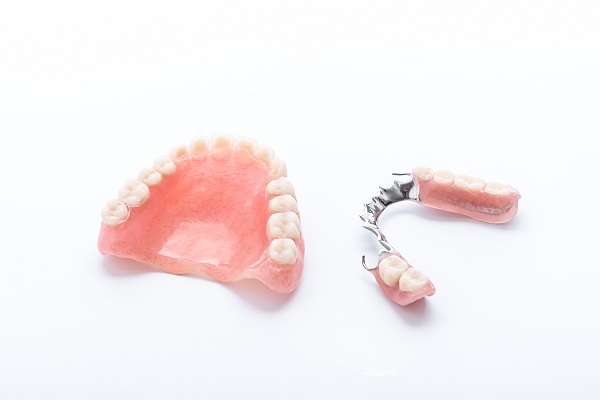
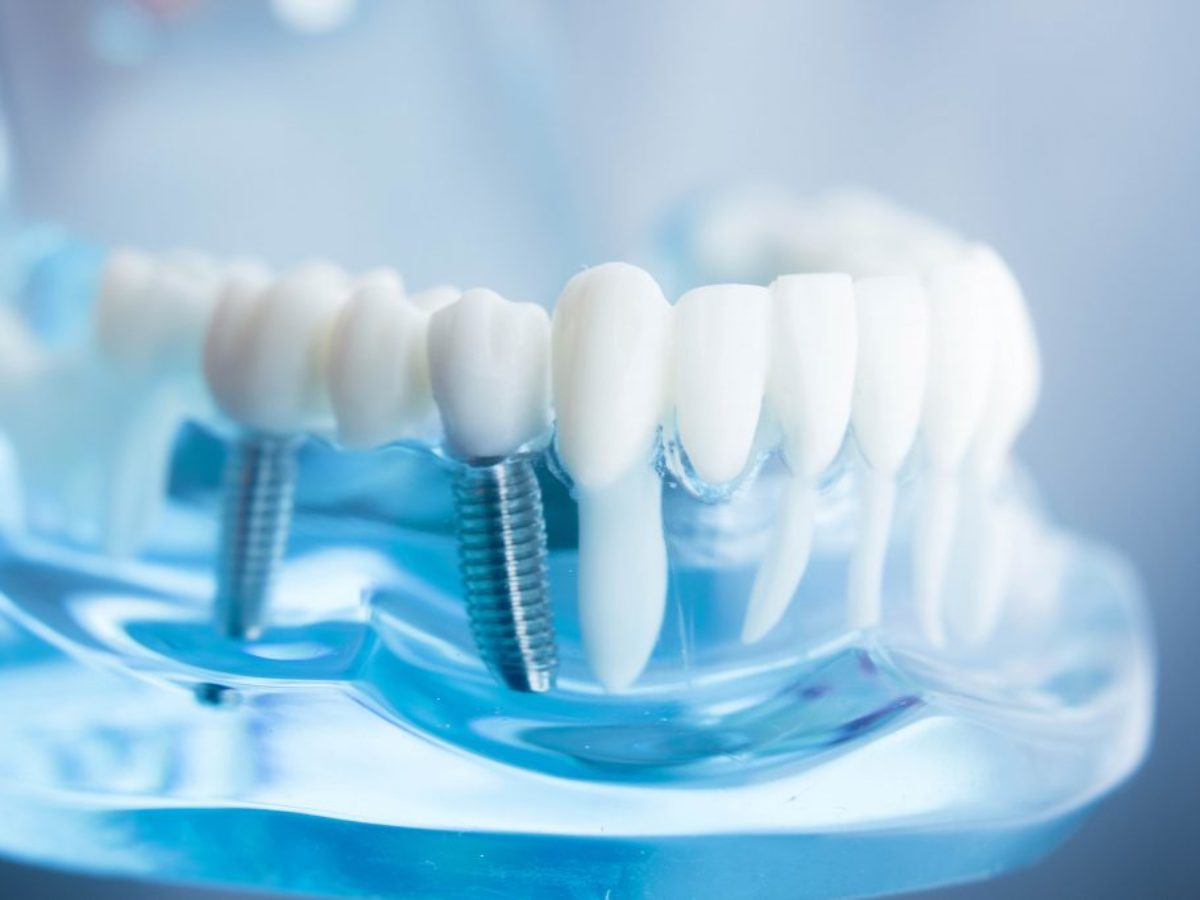
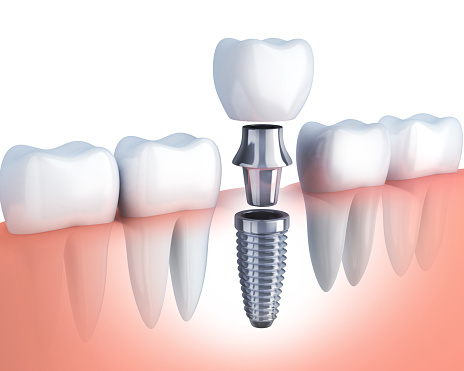
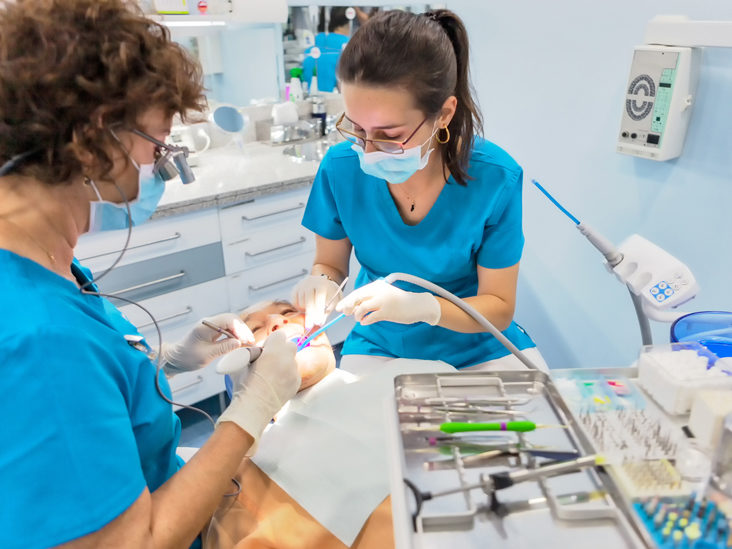
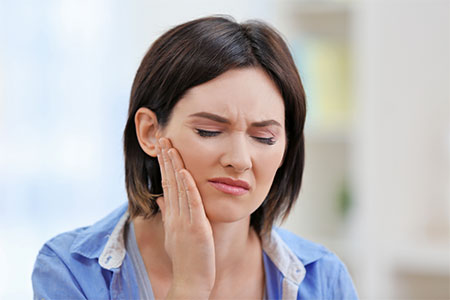
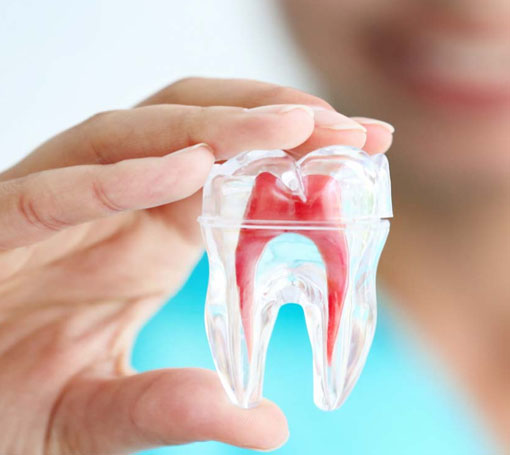
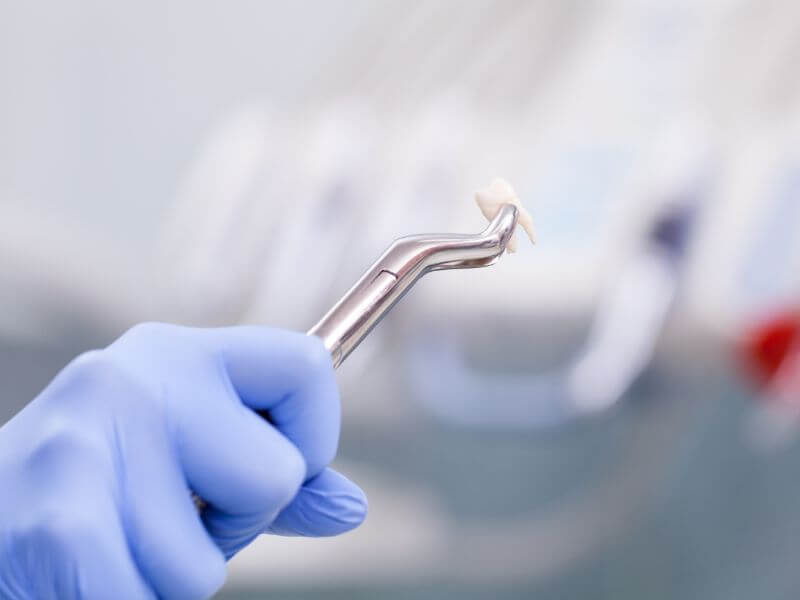



0 comments